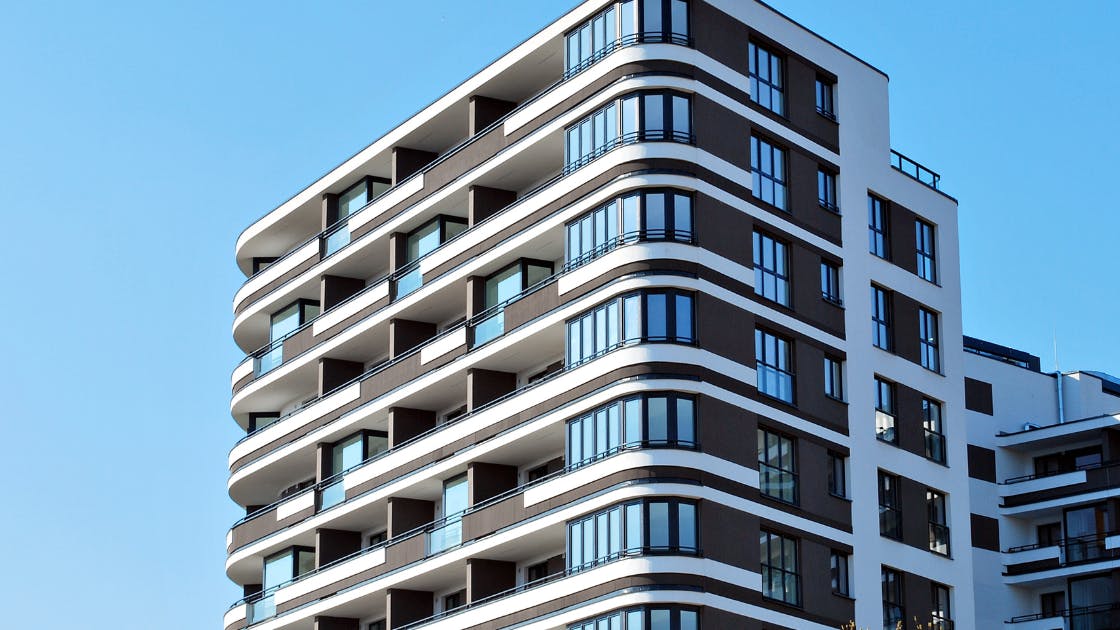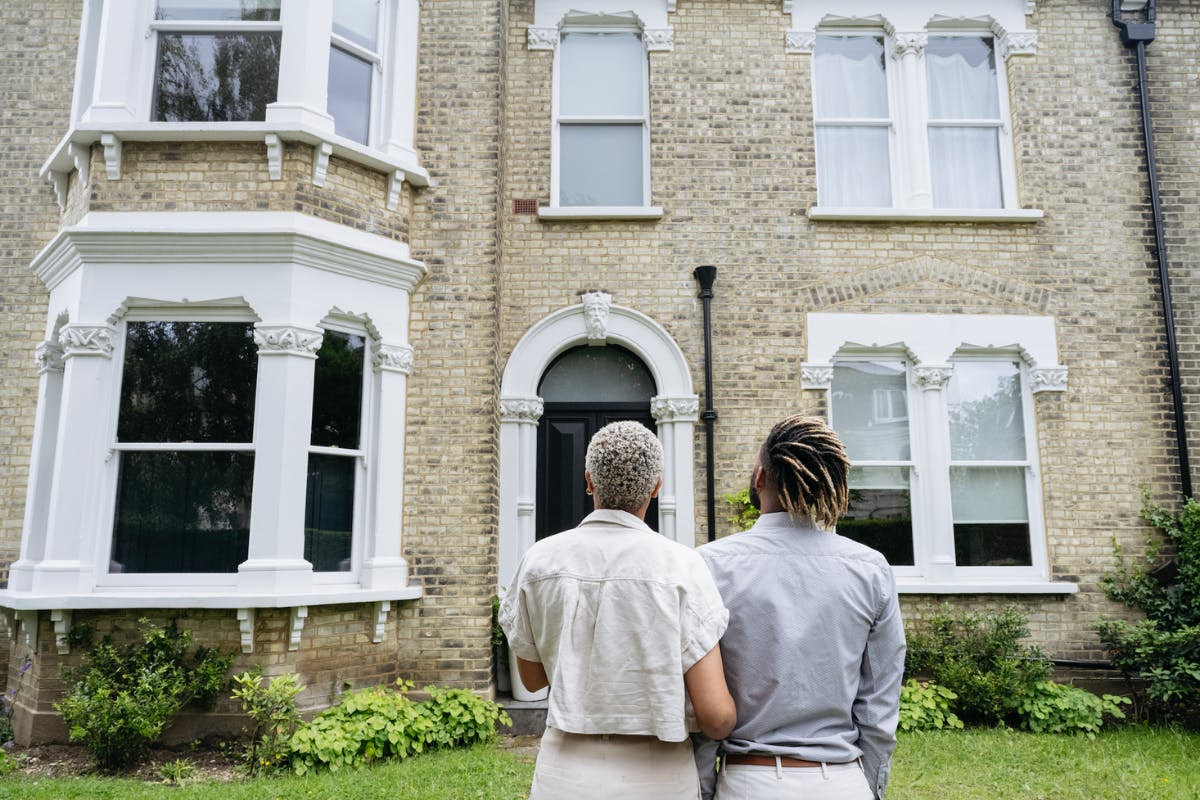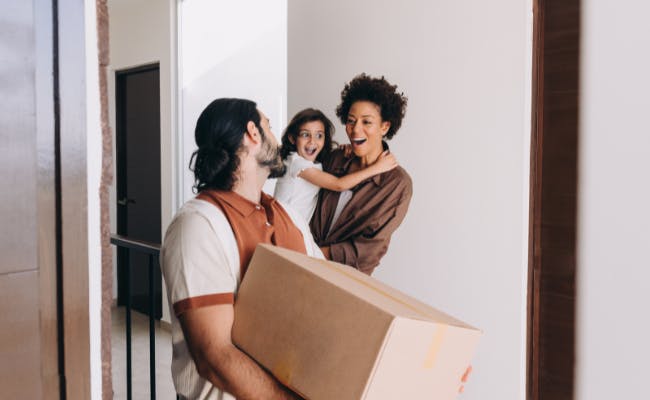Is freehold better than leasehold?
 Anya Gair
Anya GairIf you’re hunting for your first home, you’ve probably come across the terms freehold and leasehold. To help you in your property search, we’ve outlined to pros and cons and buying freehold and leasehold to help you work out what property type is right for you.
What are the pros of a freehold?
- It’s all yours to do what you want. You’ll own the property, and the land it’s built on
- You don’t have to pay for ground rent, admin fees or service charges.
- There’s no time limit (lease) to consider - you’ll own the property for as long as you wish.
What are the cons of a freehold?
- Freeholds can be more expensive to buy than a leasehold property because you are building the property and the land it’s on indefinitely.
- You are responsible for maintenance, including paying for every repair, every crack in the wall, and every plumbing emergency. It’s all on you to organise and pay for gulp.
What are the pros of a leasehold?
- You’re not responsible for maintaining or managing the communal areas and the land — that’s the freeholder’s job. This means you won’t have to pay out for big things like structural plumbing, or a leaky roof.
- Leaseholds can be cheaper to buy than a freehold property. Some first-time home buyers opt for a leasehold because they know they aren’t going to stay in that home for a long time. It’s a (typically) more affordable first step on the property ladder.
- You have the right to ask your landlord for a lease extension. Previously, this would have been costly, but under new laws leasehold properties will be given a new right to extend their lease at zero ground rent.
What are the cons of a leasehold?
- You typically have to pay ground rent and service charges on a leasehold property, which can make purchasing a leasehold much more expensive than you originally thought.
- The freeholder can decide to increase the ground rent, or service charge whenever they like.
- You have to give the property back once the lease ends.
- The freeholder can deny your request for a lease extension.
- It can be more difficult to get a mortgage on a property with a lease that’s under 80 years.
- It can also be harder to sell a property with a lease that’s under 80 years.
- As the lease gets shorter, the value of the property can go down too.
- There can sometimes be restrictions around things like subletting, running a business on-site, or making structural changes.
So which one is better, freehold or leasehold?
The bottom line is that buying a freehold can be more straightforward than buying a leasehold, since you’re the only owner. The land (and the responsibility to keep it up) is all yours, but you also have full control of everything.
Buying a leasehold can be beneficial for first-time buyers as they are often cheaper than freehold properties — Just be sure to read the fine print before you put in an offer!
On average, our customers boost their budgets by £88,000
Whether you want to get on the ladder or move up it - you’re in the right place. Tembo can help you discover ways to increase your buying power or help you overcome affordability hurdles to make home happen.



